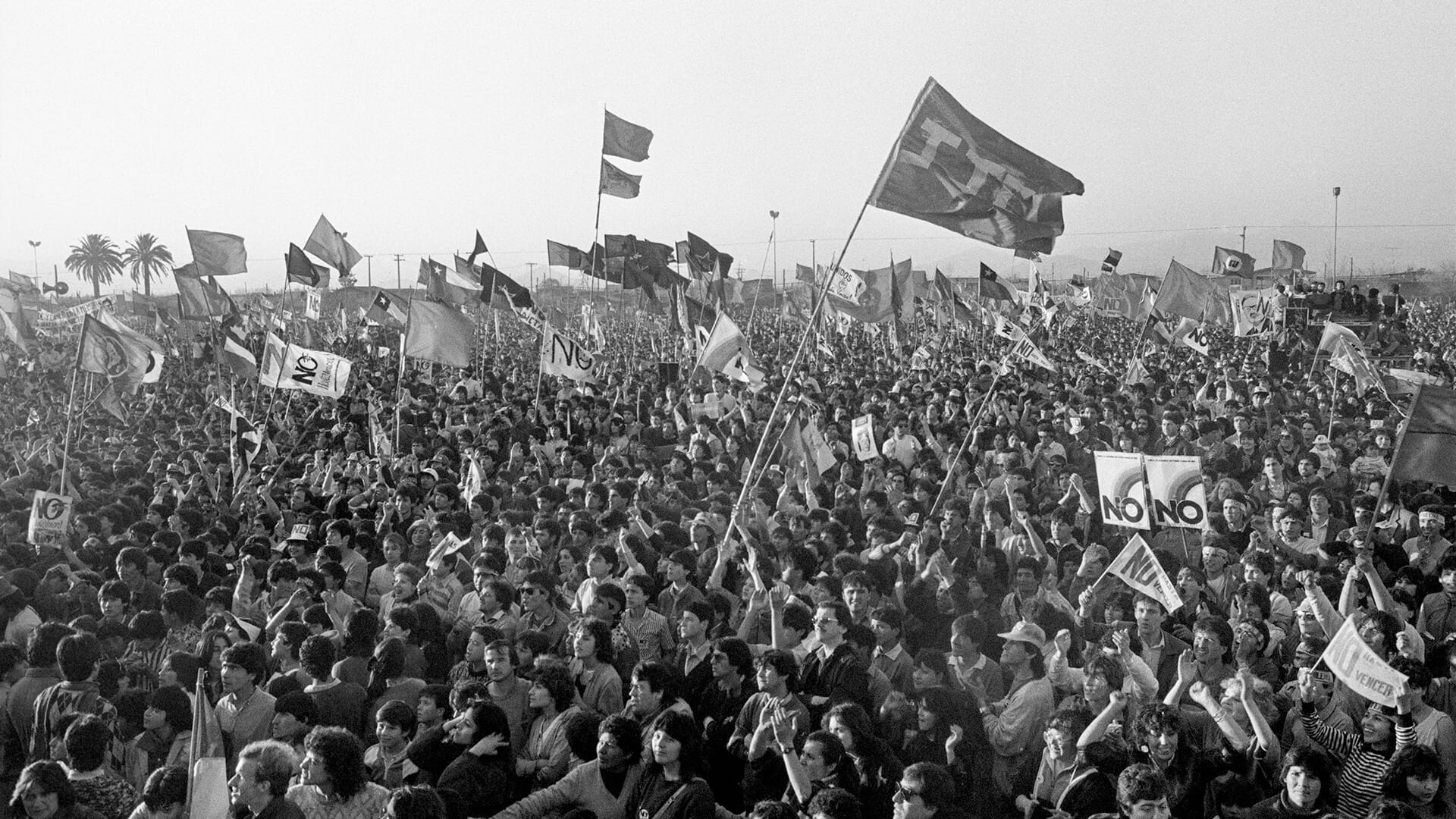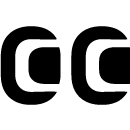Welcome to Dispatch #20! We’re back, and we’ve missed you! There has been SO much happening around the world that it can be difficult to wrap our head around it all. This week we want to discuss a hot topic in the world - borders, and how they have evolved into tools of power and domination. As well - stories on how to resist authoritarian dictators, how to kindle radical hope, and more!
👋 Are you new here?
Sign up to get free newsletters sent to your inbox every other Sunday.
Have you already signed up? If you like what we've been sharing on the Conscious Citizens, invest in our work for as little as $2 USD/mo ($24/year) by becoming a paid member.
Since 95% of our subscribers are free readers, every contribution, no matter how small, makes a difference.
Easy Actions to Take
⏱~3min | (US Only) Call your representative to demand the Unmasking of ICE Agents
Why: Unidentified masked agents snatching people off the streets is not something we want to normalize. At the same time, Trump’s budget bill will empower ICE with $45 Billion more in funding so more raids are guaranteed. Now is the time to demand greater accountability from a federal agency that continues to grow in scope and power before it’s too late. Organized by 5Calls
Why: A report by Center for Media Monitoring has revealed BBC has consistently downplayed Palestinian death tolls, suppressed allegations of genocide, and favored Israeli narratives in their reporting about Palestine. Their analysis revealed that Israeli deaths are given 33x more coverage, per fatality, than Palestinians. Major news organizations like the BBC present themselves as impartial authorities - we should hold them to that. Organized by Accountable Media
Why: Booking.com has been under fire (and boycott) because they allow illegal Israeli settlements in the West Bank to be listed for bookings. They have refused calls to remove these listings and stop supporting illegal annexation so a campaign has been created to block sales by booking dates and then cancelling them. Check the link for full details on how to participate and read carefully before doing so! Organized by XR Justice Now

How Chile Voted Out a Dictator
Revealing History

